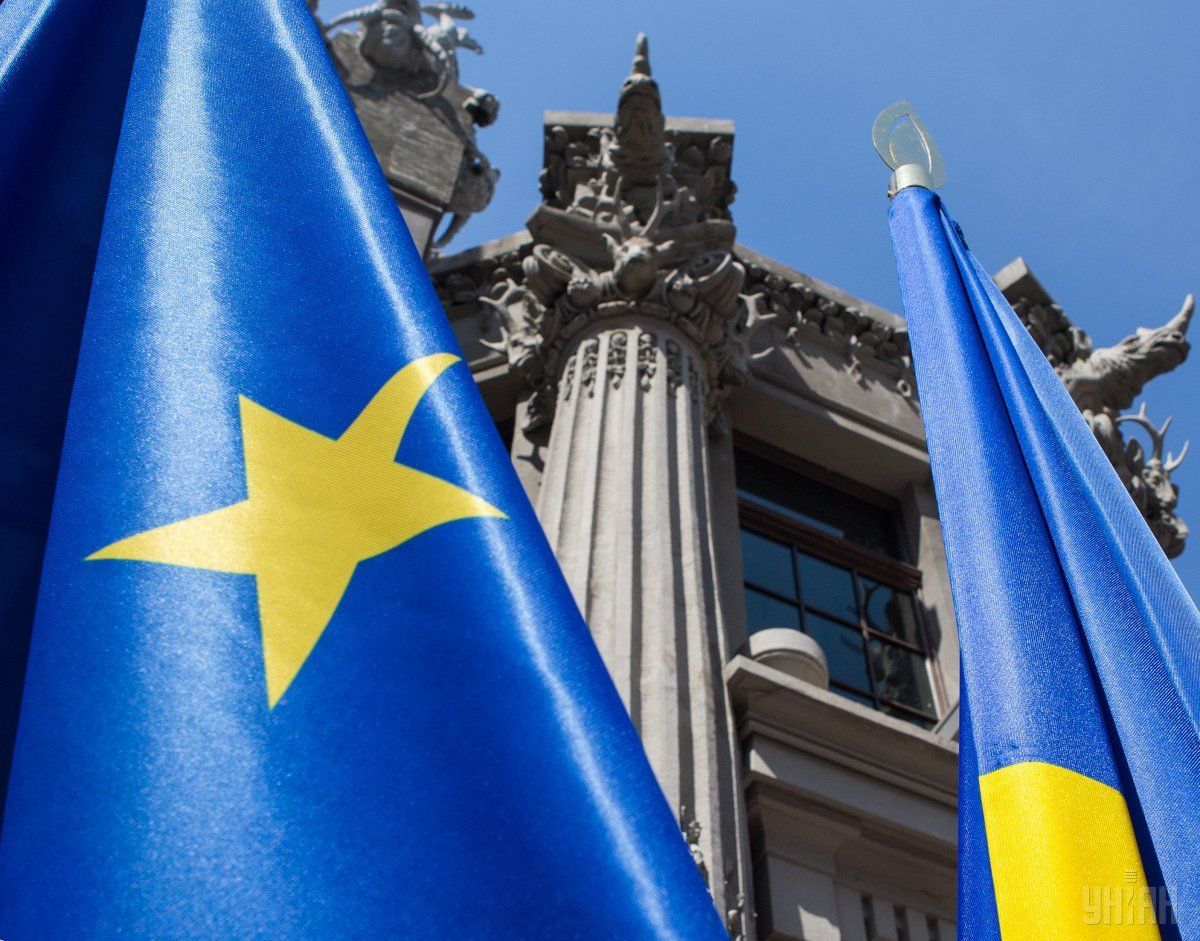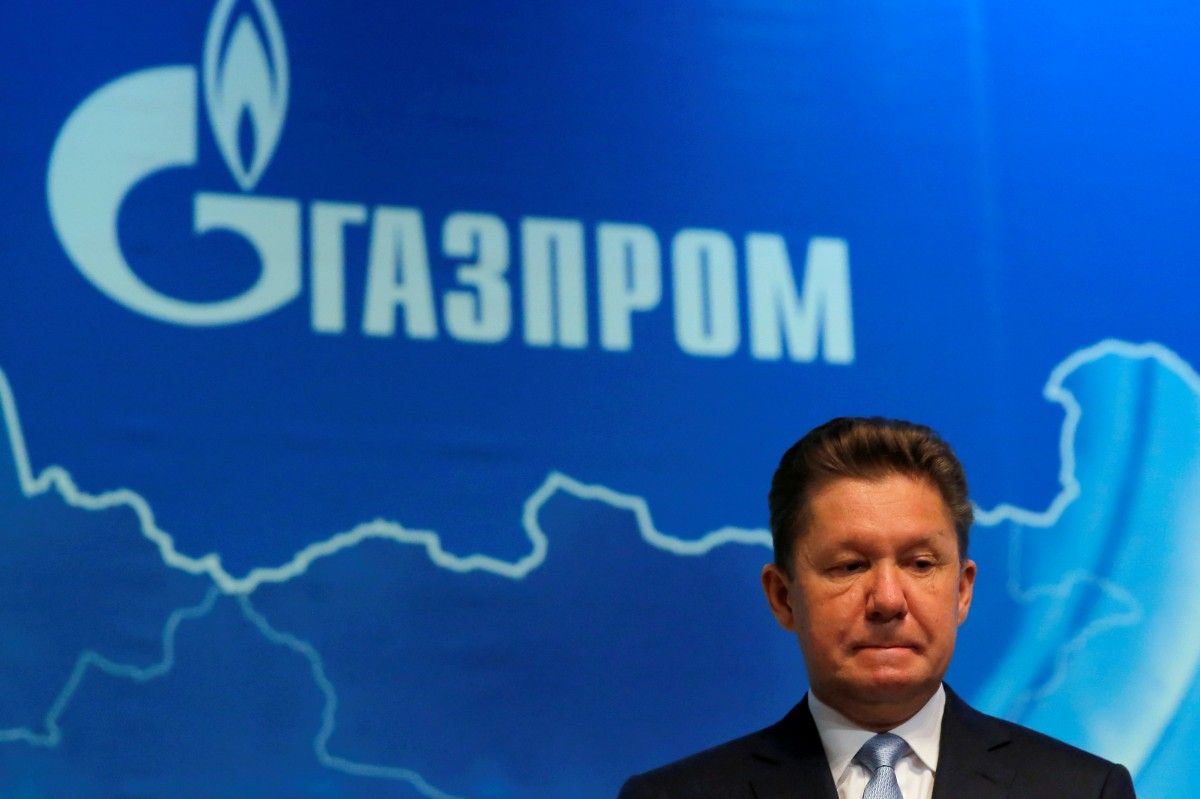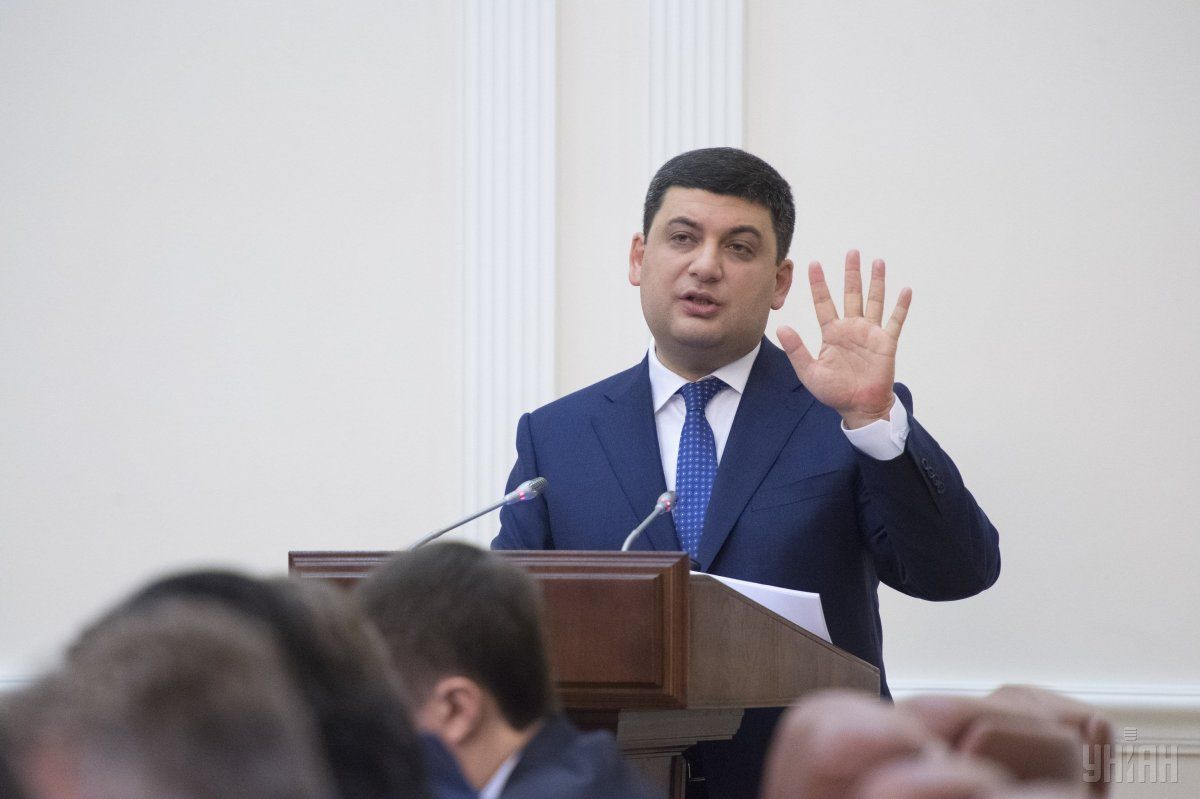
Week’s balance: Dutch green light, Gazprom’s failure in Stockholm, and updated macroeconomic forecast
The Netherlands approved the Ukraine-EU Association Agreement, completing the long process of ratifying the document which is key for the country’s modernization; Naftogaz won a historic victory over Russia's Gazprom in Stockholm Arbitration; while the Cabinet revised its macroeconomic forecast for Ukraine - these are this week’s main economic news.
The events of the outgoing week will undoubtedly go down in history as another confirmation of Ukraine’s European vector of development. Dutch Senate supported the ratification of the Ukraine-EU Association Agreement. The legislative act will come into force after it is signed by the King and published in the State Journal.
The decision is a landmark event for Ukraine, as it finally completes the three-year process of the Association deal by legislative bodies of all EU countries.
The Dutch legislators "green-lighted" Ukraine’s deeper European integration, despite the outcome of an advisory referendum held in April 2016 on the initiative of local euro-skeptics and Kremlin agents, when the majority of voters spoke out against such a deal. The polls conducted at that period indicated that the quarter of the adult population of the Netherlands, deceived about the nature of the vote, said "no" to the unfamiliar Ukraine, actually showing its attitude toward the processes of globalization and the moves of their own government.
Ukraine should be grateful to those wise Dutch parliamentarians who chose not to make a historical mistake and give any reason for joy to the enemies of Ukraine and a united democratic Europe.

Following the European Union, some good news came from Canada, which completed the procedure for ratifying the Agreement on a free trade area with Ukraine.
"Taking into account the ratification by the Dutch Senate of the Ukraine-EU Association Agreement, the value of this decision is more than symbolic," Ukrainian President Petro Poroshenko said. According to him, Canada and the Netherlands virtually synchronized their decisive steps toward the formation of the Ukraine-Canada-EU free trade triangle.
Ukraine’s trade envoy Natalia Mykolska believes that the launch of the free trade area with Canada is possible as early as August this year. And now it's up to national producers to provide high-quality competitive products and services to demanding consumers in the EU and Canada.
The European Parliament also delivered this week by approving at the suggestion of the European Commission the possibility of negotiations on granting Ukraine additional trade preferences, excluding from the discussion list only tomatoes, urea and wheat.
Negotiations will be held in Strasbourg during the next plenary session of the European Parliament on June 12.
According to preliminary estimates by the Ministry of Agrarian Policy and Food of Ukraine, the economic effect of the increase by the European Parliament of annual quotas for duty-free imports of Ukrainian agricultural products to the EU may amount to about $200 million.
Without wasting any time, Ukraine is actively implementing the European regulations. In particular, as stated by Deputy Prime Minister for European and Euro-Atlantic Integration Ivanna Klympush-Tsintsadze, the system for monitoring the implementation of the Association Agreement has been created this week, making possible an open-access monitoring by the Government office for European and Euro-Atlantic Integration of the implementation, translations of EU legislative acts in Ukrainian, and the assessment of the effectiveness of the Agreement’s fulfillment.
Obviously, the continued European integration processes is an important signal for foreign investors. For example, in the past week, several media outlets reported on IKEA’s intentions to enter the Ukrainian market. At the same time, the company in its comment to UNIAN did not mention specific dates when their stores might be opened in Ukraine.
It is informally believed that the presence of IKEA, known for its zero tolerance to corruption and earlier unsuccessful attempts to enter the Ukrainian market, is regarded by international investors as evidence of a healthy business environment.
Gazprom’s humiliation in Stockholm
The Stockholm Arbitration Tribunal’s award handed down in the gas dispute between Naftogaz and Gazprom turned out to be a historical victory for Ukraine.
Thus, the arbitration approved the revision of the gas price set in the 2009 contract by the then head of government Yulia Tymoshenko, ruling to consider market conditions in pricing; abolished Gazrpom-imposed "take-or-pay" principle, which assumed Ukraine’s obligation to buy 52 billion cubic meters of gas annually and pay its cost no matter if this amount was taken; and also lifted the gas re-export ban.
In other words, the court took the side of Ukraine with its claims to the Russian Federation totaling $30.3 billion and rejected the counter-claims of the Russian side at $47.1 billion.
After recovering from shock, Gazprom published a comment the next day, without any clarifications, only calling the arbitration’s reward an interim ruling.

Experts say it is an absolute victory for Naftogaz and explain to UNIAN that the Stockholm verdict is final, although incomplete. It will not be reviewed, although the "final conclusions" are yet to be released as the tribunal must explain to the parties to the conflict how they are to implement its decision. "The parties were explained how to properly apply the principles of the contract. The main thing is pricing. And that’s what’s ahead. The main thing is to activate the price formula in the correct format. Since 2014, Ukraine has been trying to do this, but Russia refused. Now they will have to calculate everything, everything in retrospect. Gazprom cannot fail to execute the arbitration award," said Vladyslav Vlasiuk, an energy lawyer.
Experts believe that Ukraine has high chances to recoup losses from a six-year economic strangulation by Moscow.
"In our case, it is a question of commercial property, property of Gazprom, even though it is a state-owned Russian company. That is, the rules can be applied for seizing property, accounts, and shares –that’s in the event if Gazprom risks failing to comply with the Stockholm arbitration award. The thing is that Gazprom a huge amount of assets abroad, for which executive decisions are absolutely applicable," CEO of Center for Energy Studies Oleksandr Kharchenko told UNIAN.
But it's not just about money. Commenting on the decision of Stockholm Arbitration, President Poroshenko stressed that for the first time Moscow was losing the opportunity to use gas as a weapon of political pressure and blackmail against Ukraine. "This is an important step on the path to energy security.
For Ukraine, this is a very important decision, since the contradictions between Naftogaz and Gazprom are for the first time regulated in a civilized legal way," the head of state said.
Macro-forecasts updated
Last week, the Cabinet of Ministers worsened the forecast of GDP growth in 2017 to 1.8% from the previously projected 3%, as well as the inflation forecast – to 12.9% from 8.1%.
Presenting the government's report, Minister of Economic Development and Trade Stepan Kubiv called the reasons for the revision of forecasts the introduction by Ukraine of economic sanctions against the aggressor state, raising the level of the minimum wage, and changing the forecast of the price dynamics for key Ukrainian products. The slowdown in economic growth was also due to the seizure by Russian militants of Ukrainian industrial assets in the occupied areas of Donbas.
It should be noted that the National Bank, the International Monetary Fund, and the World Bank have also made similar forecasts earlier.
At the same time, Prime Minister Volodymyr Groysman at a briefing in Mariupol said that Ukraine would find solutions to accelerate economic growth. "As a result of the coal blockade, Ukraine lost 1% of GDP. But we will find solutions for continuing growth," the head of government said.

Also in the past week, the Ukrainian authorities continued to work on their homework assigned by the IMF, including on land and pension reforms, as well as privatization. In particular, the State Property Fund along with the Ministry of Economic Development determined the first 90 objects of small privatization, which would be put up for sale through the system of electronic auctions "Prozorro.Prodazhi."
At the same time, the public has not yet seen the concept of land reform. Although Prime Minister Groysman once again assured that he categorically opposes the sale of farmland to large agri-holdings and foreigners.
Regarding pension reform, Deputy Prime Minister Pavlo Rozenko said that the government project needed substantial improvement, and promised to involve in the discussion a wide range of experts, including representatives of employers and trade unions.
Next week promises to be no less interesting. The head of government plans to present a draft pension reform at the National Council of Reforms under the President, to be followed by a submission of the draft to the Verkhovna Rada.
Many hope that the Ukrainian parliament next week will consider critical reforms, including that of the country’s healthcare system. Besides, the Rada faces another important task - after the president has decided on the new head of the National Bank, to vote for Ukraine’s chief banker.
Olha Hordienko (UNIAN)

